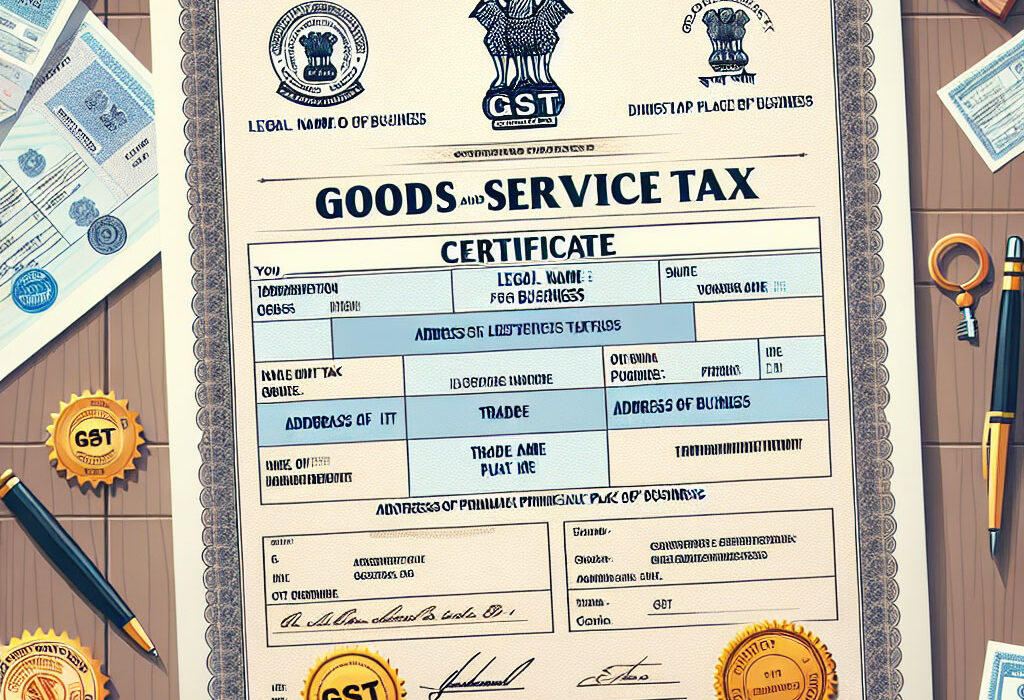2. GST CERTIFICATION

✅ Mandatory for Claiming Refunds
• Under GST law, exports are treated as “zero-rated supplies”.
• To claim refunds of input tax credit (ITC) or IGST paid on exports, you must be registered under GST.
• Without GST registration, you cannot file GSTR-1 or RFD-01 (the forms needed for refunds).
• Even if your turnover is below ₹20 lakh (₹10 lakh in special category states), exporting makes GST registration compulsory.
• Export without paying GST under a Letter of Undertaking (LUT)
3. IMPORT EXPORT CODE

The Import Export Code (IEC) is a 10-digit unique identification number issued by the Directorate General of Foreign Trade (DGFT), Ministry of Commerce. It is mandatory for any person or company engaged in exporting goods or services from India.
- As per the Foreign Trade (Development & Regulation) Act, no exporter can ship goods or receive foreign currency payments without an IEC.
- IEC is required even for one-time or occasional exports.
4. STARTUP REGISTRATION

StartUp Registration
Startup Registration in India is granted by the Department for Promotion of Industry and Internal Trade (DPIIT) under the Startup India initiative. It gives recognition to innovative, scalable, early-stage businesses, including those in the export sector.
• DPIIT-recognized startups are eligible for Income Tax exemption for 3 consecutive years under section 80-IAC of the Income Tax Act.
• Helps export businesses improve cash flow and reinvest in international expansion.
• Recognized startups get priority access to:
o Export promotion schemes
o Fund of Funds for Startups (FFS)
o Seed Fund Scheme
• Helpful for new exporters needing capital or support to scale globally.
• Startup recognition helps in credit profiling, especially when applying for:
o Pre-shipment/Post-shipment finance
o Export working capital loans
• Banks and fintech lenders are more confident with DPIIT-registered startups.

